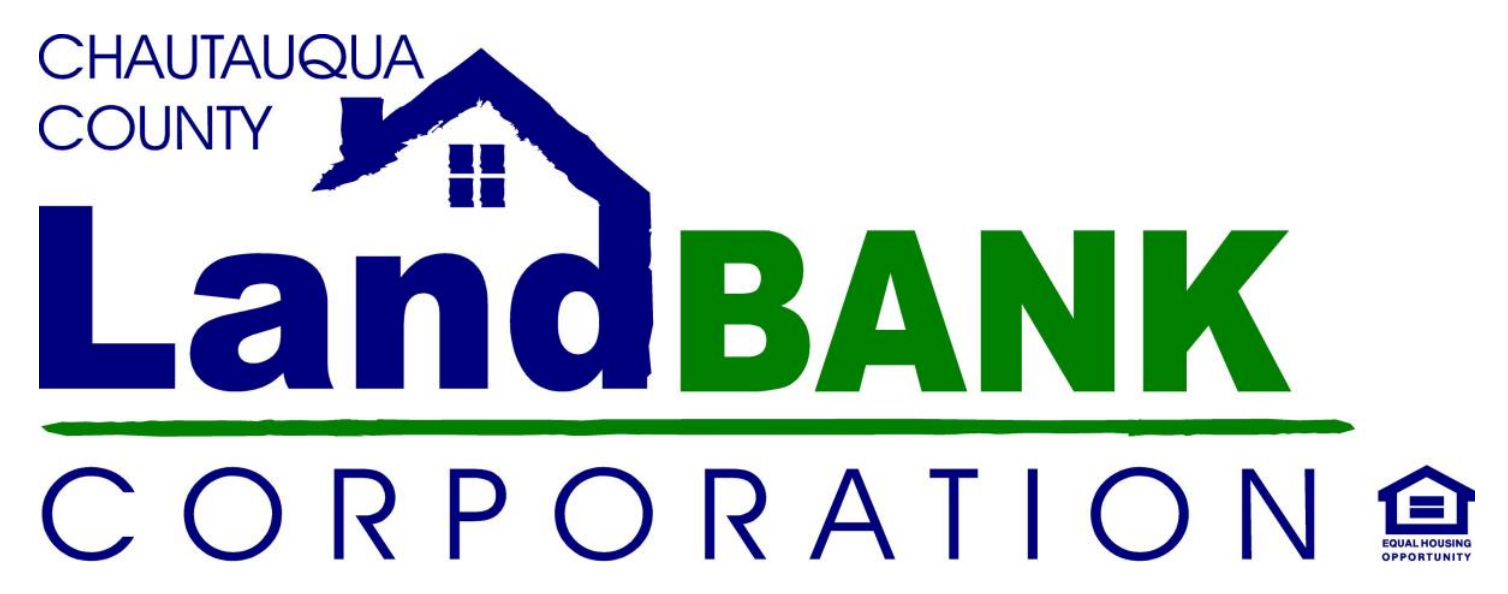The Jamestown Neighborhood Alliance (JNA) will host a discussion by the Chautauqua County Land Bank Corporation concerning the many ways the organization is fighting blight in the community. The Land Bank presentation will be held on Thursday, August 25, at 7:00 pm at the Lillian Vitanza Ney Renaissance Center located at 119-121 W. Third Street. The presentation, which is free and open to the public, will be followed by an opportunity for attendees to ask questions.
Land banking is a tool, enabled by state legislation,to help communities combat the problems associated with neighborhood blight, especially as it pertains to abandoned and vacant properties. These properties, which often end up tax-delinquent, create fire and safety hazards, pull down neighborhood property values, and drain local tax dollars. Land banks strategically acquire vacant properties and convert these liabilities into community assets.
“The NYS Land Bank Act provides Land Banks with the power to acquire abandoned properties, manage them, and convey them in ways that align with community priorities” said Geise. “By providing an alternative to the public tax-foreclosure auction, the Chautauqua County Land Bank Corporation (Land Bank) acts as a community agent to catalyze goals for the productive use of land, while working in close collaboration with private or public sector entities,” he said.
The primary mission of the Land Bank is to acquire vacant properties, secure them, clean them up, and sell them to responsible and capable owners through a negotiated sale process. This eliminates a community liability and transfers these otherwise undesirable properties to new, responsible owners in a transparent and equitable fashion. In addition, the Land Bank’s demolition and side lot disposition programs have been very effective in removing blighted structures from the neighborhood landscape, and has resulted in the conveyance of vacant parcels to responsible neighbors.
As early as 2007, a handful of New York State leaders, motivated by the impressive results of land banks in other states (notably Michigan and Ohio) began to advocate for legislation allowing local governments to create land banks to complement and bolster existing blight prevention efforts. After three years of building a network of supporters across the state, Assemblyman Sam Hoyt and Senator David Valesky -the bill’s primary sponsors – finally saw the New York State Land Bank Act signed into law by Governor Andrew Cuomo on July 29, 2011. The New York State Land Bank Act “allows for foreclosing governmental units (FGUs), or local governments who collect and foreclose on properties due to the non-payment of taxes, to create land banks.” As outlined in the legislation, “Land Banks are created by the local government, are local public authorities, and operate as independent nonprofits acting in the public interest.”
The Chautauqua County Land Bank Corporation works collaboratively with many partners, including the NYS Attorney General’s office, the Chautauqua County Legislature, local governments, community development organizations, housing agencies, banks, real estate companies, and neighborhood groups. Mr. Geise and Ms. Paradis are eager to discuss the Land Bank programs currently in place, as well as concepts for future program offerings.
For more information about the Chautauqua Land Bank Corporation and the upcoming program, please contact Mark Geise at 716-664-2477, Ext: 233, or visit http://www.chautauqualandbank.org.


